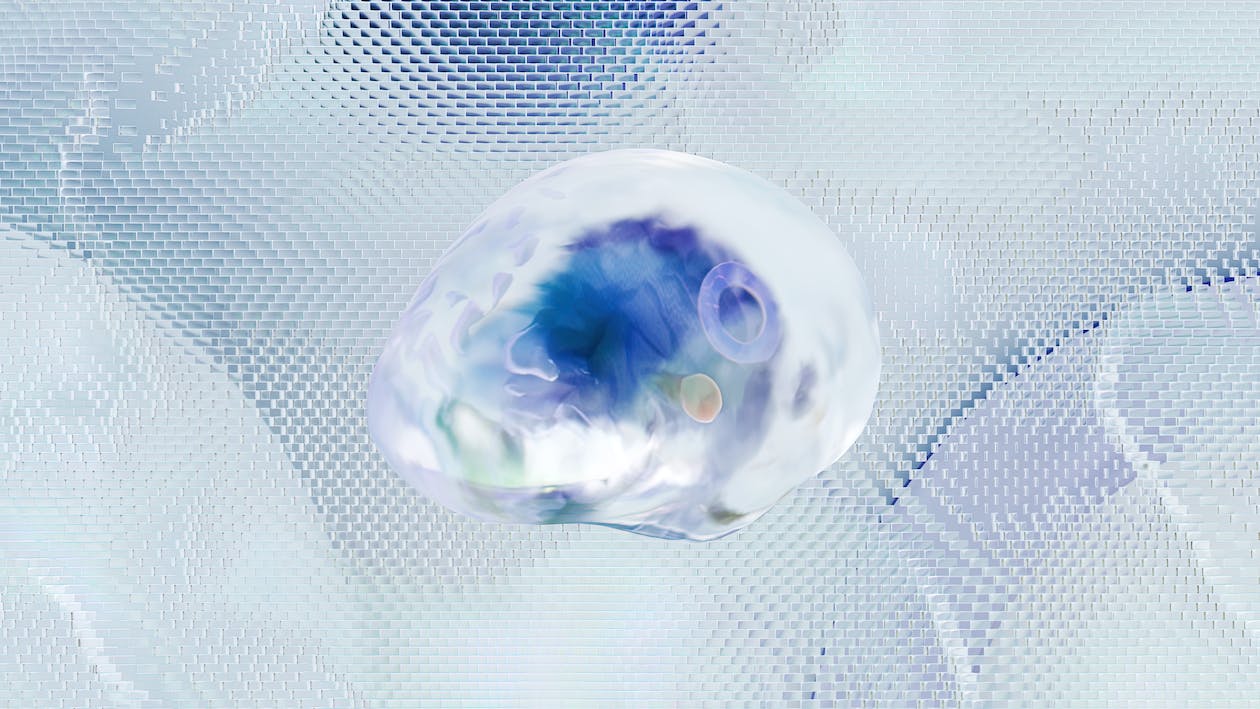In the realm of medical history, certain discoveries have illuminated the path of understanding human conditions. Dementia, an intricate neurological disorder, is no exception. Embark with us on a journey to explore the roots of dementia, tracing its discovery and evolution. From its ancient shadows to the modern-day beacon of knowledge, the story of dementia is one that sheds light on the complexities of the human brain.
Ancient Whispers
Dementia’s presence has been noted since antiquity, though the exact nature of the ailment was often shrouded in mystery. Early medical texts from ancient civilizations hinted at cognitive impairments that align with our contemporary understanding of dementia. Notably, in the papyrus writings of ancient Egypt, references to memory loss and confusion can be found, signifying the dawn of dementia’s recognition. However, it wasn’t until more recent times that a clearer understanding emerged.
The Dawn of Clarity
The modern comprehension of dementia began to crystallise in the late 19th century. In 1901, German psychiatrist Alois Alzheimer brought dementia into the spotlight through his meticulous observations. While working with a patient named Auguste Deter, Alzheimer documented a series of cognitive declines, memory loss, and personality changes. Upon her death, an autopsy revealed unprecedented brain abnormalities, which laid the foundation for the condition that bears his name.
Alzheimer’s seminal work spurred further research into the realm of dementia. It prompted scientists to examine brain tissue under microscopes, leading to a deeper exploration of the structural and cellular changes within the brain. This shift in focus from vague observations to precise analyses marked a crucial turning point in understanding dementia as a distinct medical condition.
As the 20th century progressed, advancements in medical imaging techniques, such as CT scans and MRIs, provided unprecedented insights into the brain’s intricate workings. This allowed researchers to delve into the complexities of dementia’s impact on neural networks and brain structures.
Modern Understanding and Holistic Care
Today, our understanding of dementia has evolved far beyond its ancient enigma. Collaborative efforts across medical disciplines have unveiled its various forms, such as Alzheimer’s disease, vascular dementia, and frontotemporal dementia. This expanded comprehension has paved the way for tailored treatments and interventions to enhance the quality of life for those affected by dementia.
The journey to comprehend dementia has spanned millennia, evolving from whispers in ancient texts to the sophisticated understanding we possess today. The legacy of pioneering figures like Alois Alzheimer continues to inspire researchers, clinicians, and caregivers to further unravel the mysteries of the human brain. As we stand on the shoulders of these trailblazers, our commitment to advancing dementia research and holistic care shines ever brighter.






